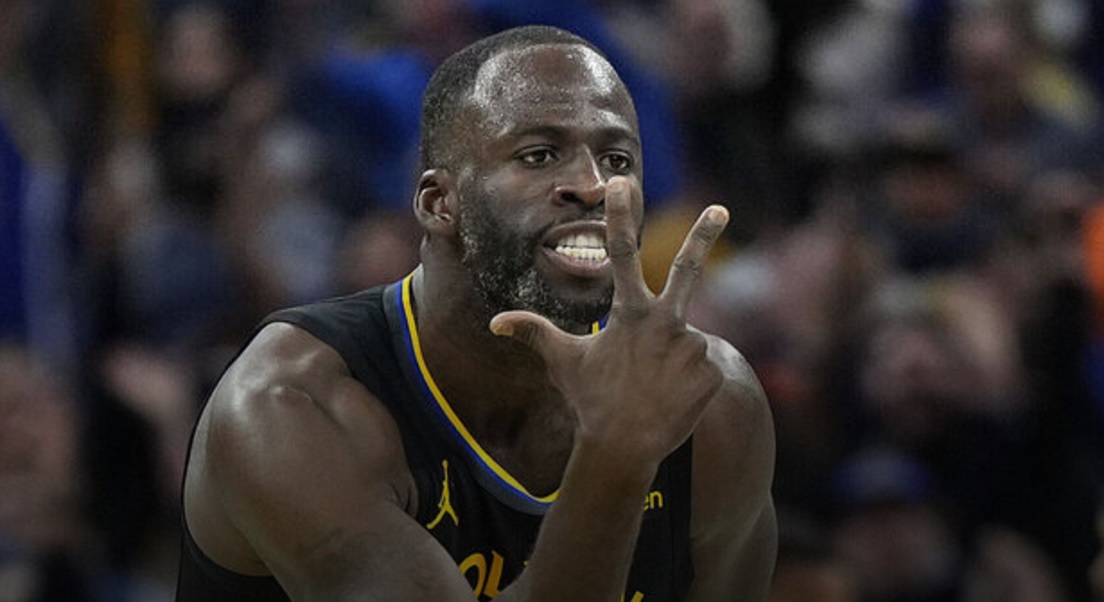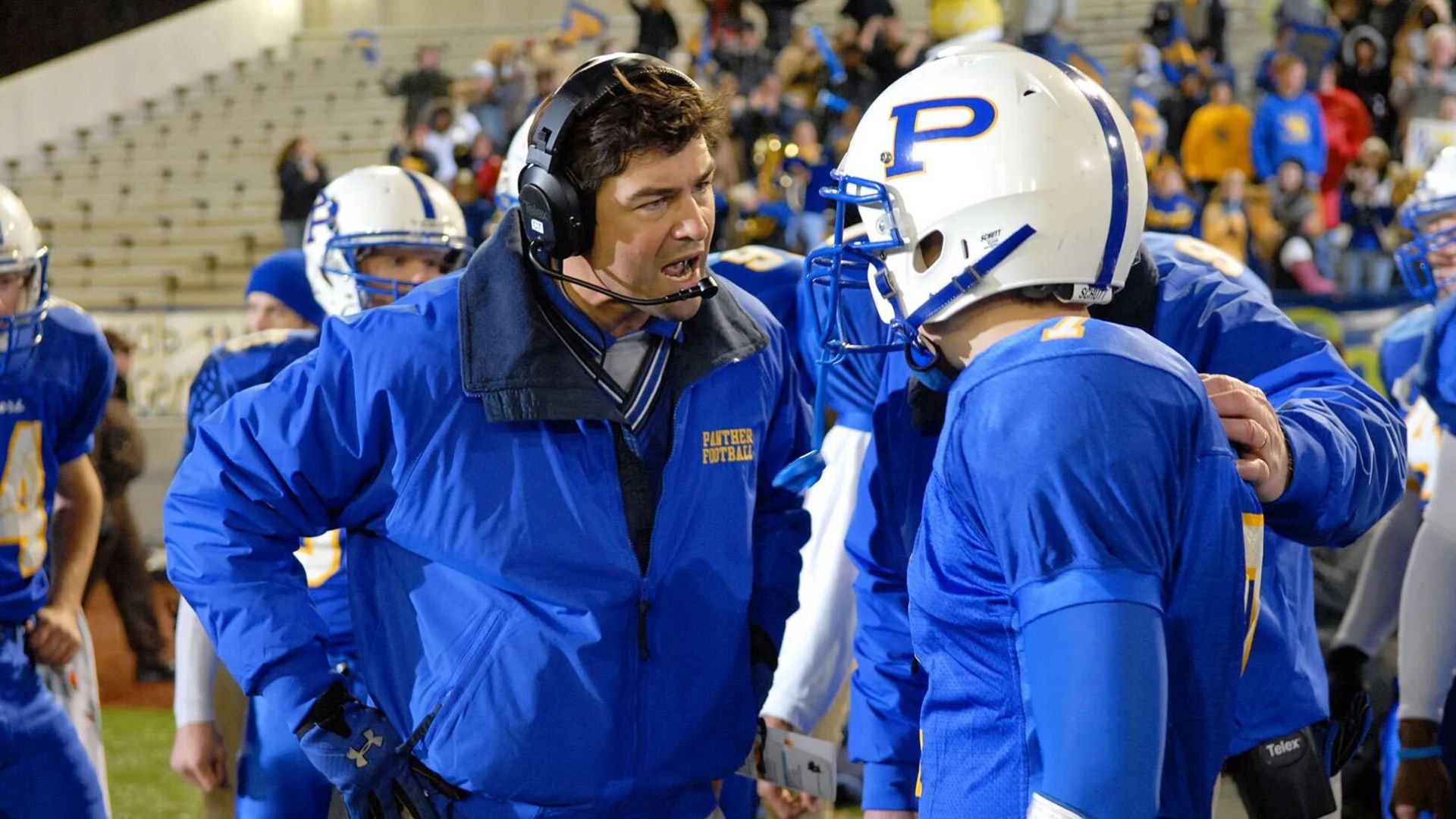Football is about more than just individual player development and skills growth. Football is a team sport and there is no time where teamwork is more important than during the process of preparing high school players to make the leap to college ball. Good high school coaches know that it takes more than just drilling and lifting weights to prepare a football player to succeed at collegiate sports.
The best high school football coaches are versed in the kind of prep that is required to guide players toward scholarships and to help them stand out in the competitive recruiting process for college teams. These coaches follow their own advice about accountability and provide it to their players as they help them move on to the next steps in their football careers.
Preparing Players for College
Good coaches will tell you that they are tasked with major responsibility for the kids that they are guiding and that the cornerstone of this guidance is always education. The rest of the process is about exposure, relationship building, and teaching the necessary skills to help kids stand out to college recruiters.
1. Persistence Combined with Proactive Coaching
No one on earth learns a skill without practice and accountability. Good coaches know this and their guidance of their players is based on scheduling the right kind of skills practice into their teaching plan while also teaching personal accountability. Coaching is about bringing out the best in players and the entire team as a whole and the best way to do this is to teach these players to be self-guided.
Players who know what the expectations are for their role on the team and know how to work outside of practice on fulfilling these roles can develop the self-awareness needed to rise to unexpected challenges. Teamwork is all about balancing personal goal setting with team spirit and good coaches know how to coach to both sides of the training process.
2. Motivating Locker Room Atmosphere
Sometimes competition can lead to unhealthy outcomes, but fostering an environment of supportive competition can bring out the best in players. Using a locker room ranking tool to help players to see where they are at on the track to their goals can help foster accountability while also making sure that the team is supportive of one another in goal-setting.
Wall posters and other tracking devices are a great way to set up a ranking system that is objective and that can be tracked by the whole team. Good coaches know that this tool works best when team leaders are asked to use the tool to support and guide those who are farther down the rankings.
Any team is as strong as its weakest player, so fostering a sense of community around these rankings will automatically improve team performance and foster skills growth.
3. Education
A good coach fosters the educational goals of their players just as much they foster the sports and athletic goals they might have. Coaches with their eyes on the prize know that high school students who want to get scholarships to go to the school of their choice will need academic chops to support their football-related skills.
Being able to play the game is just one aspect of college sports success. Coaches who are working on college preparation will make sure that their players are ready to do community outreach, to succeed in their major, and to provide a good example for other students and the community while they attend college.
4. Relationship Building
A coach with the ability to move kids from high school sports to college football knows that relationships are key. You can’t promote a player to anyone if you don’t have the right connections in place to get them the attention they need to advance.
Coaches build their own network of relationships to help players to meet their college goals and good coaches leverage these networks to teach their students how to make their own bonds and connections.
No one can be successful at any job without a little bit of network-building and a competent coach will make sure that their players know how to seek out opportunities for advancement through social skills and volunteerism.
5. Community Outreach
A good football team with a good coach will make sure to spend part of their time off the field attending to community needs. Teaching the whole team about giving back and community support is a great way to help them learn about the power of outreach.
College sports teams are looking for this kind of player, one that is interested in giving back to their community, and there is no better time to start learning about the process than in high school. Team members will learn all about the awesome opportunities that being on a football team can afford them as they help their hometown grow and improve one project at a time.
6. Leading by Example
Coaches who consistently prepare players to make the leap to college sports are always leaders by example. Demonstrating proper behavior on and off the field is essential for a good coach. Players learn by example, and a coach who demonstrates good leadership skills will produce players who are able to hold their own in the real world.
Dedication and practice can only take you so far in the real world if you don’t have good values and stick to them.
Coaching is a Responsibility
At the end of the day, good coaches know that their job is about more than teaching their players to throw a football. They are teachers and educators first and foremost, and their job is just as important and formative as the education offered by a math teacher or an English teacher.
A good coach is striving not just to create a competent football team full of skilled players, they are working to foster adult skills, common sense, and an attachment to a moral code that is founded in volunteerism and giving back. Good coaches develop good players, but more importantly, they help to develop good people.
You can view the original article HERE.





























